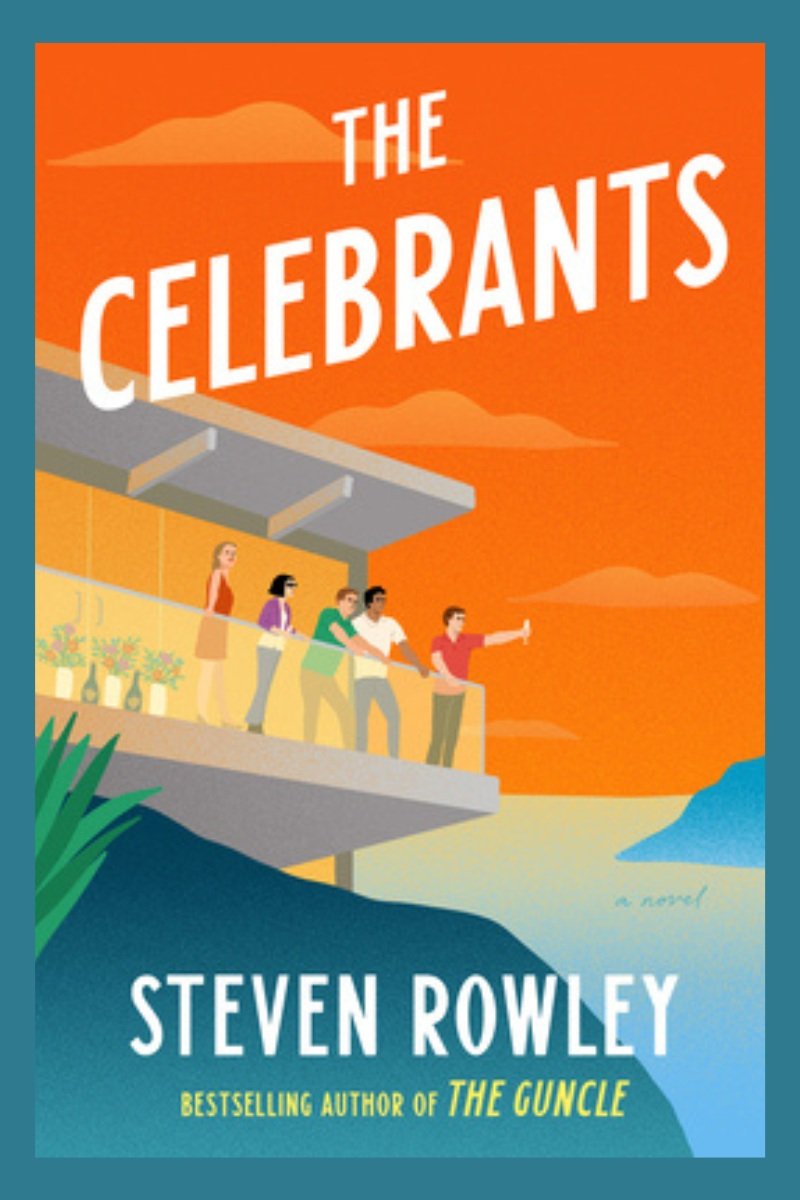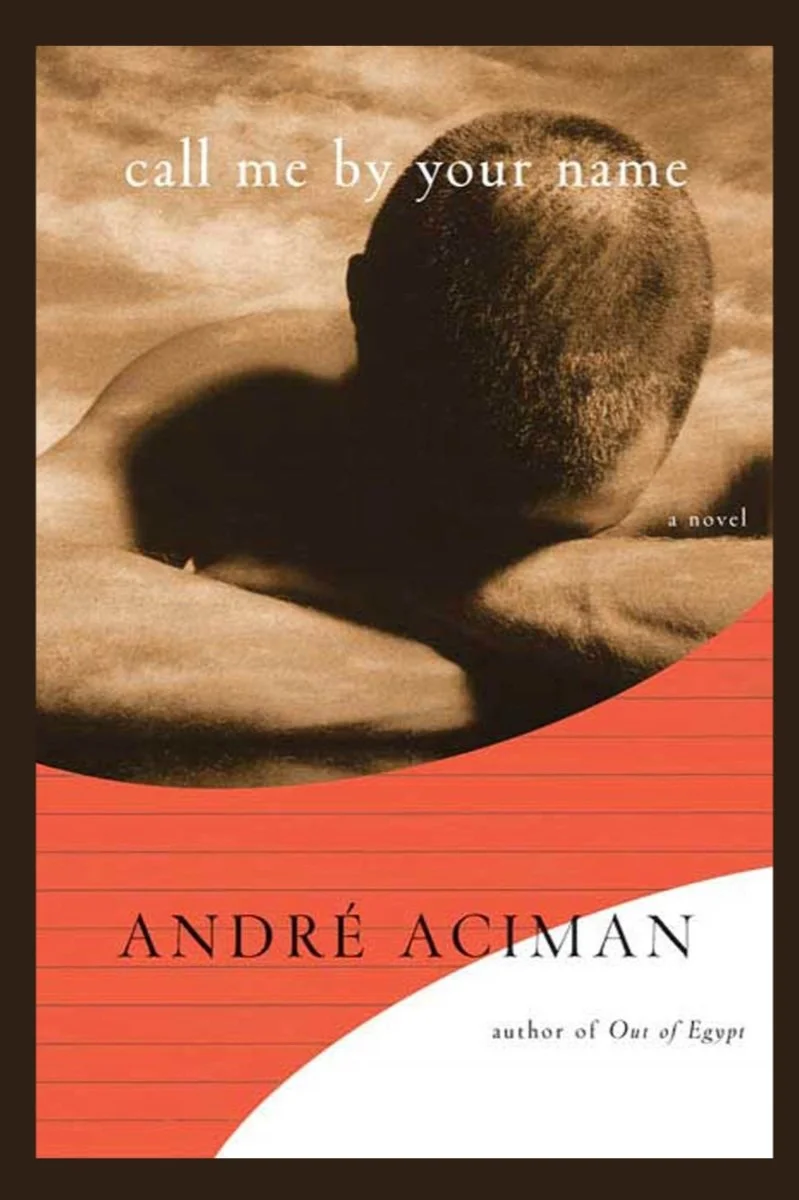The Rachel Incident – Caroline O’Donoghue
Expectation: A dramedy about two messy best friends navigating early adulthood in Ireland.
Reality: A surprisingly relatable story that succeeds, even though our main characters — Rachel and James — are difficult to love.
My Take:
Everyone reaches a point in life — usually middle age — where nostalgia reigns supreme. I’m firmly in that era, fondly recalling the messy and carefree days of my late-teens and early twenties. Was everything perfect? Absolutely not. Yet life felt so much simpler.
With “The Rachel Incident,” Caroline O’Donoghue has written a love letter to the transition to adulthood, a period of underemployment, near poverty and various situationships for many of us, meaning that even if you can’t fully relate to the plights of the main character, it’s easy to transport yourself back to that season of life.
Structured as a confessional by thirtysomething Rachel to a former acquaintance, it’s not a rose-colored retrospective of one incredibly transformative year in her life (starting in late-2009), rather a mea culpa for the hurt caused in her pursuit of bigger things.
Herein lies the beauty of O’Donoghue’s story.
You aren’t coerced into sympathy for Rachel — in many ways she is a highly unlikable narrator (see spoilers below) — but you learn to understand her. This isn’t a story about redemption. It’s about closure. And, who among us hasn’t longed for that, even from events or people decades in our past?
The less you know about the story the better, but this isn’t a page-turner in the traditional sense. Still, it’s a compulsively entertaining character study, largely centered on Rachel and James, her gay best friend.
They meet while working at a book shop in Cork, Ireland, and quickly form a preternatural closeness that only happens when you’re young and need someone to help you navigate adulthood without judgment.
The plot mostly centers on a shared infatuation with one of Rachel’s professors, Fred, and how they work their way into his life. Through this lens O’Donoghue explores many macro situations of the time period, including the Great Recession and the push for abortion rights in Ireland.
While some of it becomes a tad too convenient, there are few criticisms I have for this story, outside of the middle running long. The author took care with each character, warts and all, presenting them as a full person rather than a mechanism for plot. I particularly appreciated the realistic portrayal of life after coming out and relationship politics.
This will easily be one of my top reads of 2023, and one of the best audiobook narrations, too. Tara Flynn has few credits to her name, but her Irish brogue had me hanging on every word. She was absolutely fantastic at conveying real emotion with Rachel, James and Deannie (more on her below), which helped humanize the characters through some of the more unpleasant circumstances. Audiobook producers take note, and start booking her for more work!
*Spoilers ahead: Only read on if you’ve read the book*
Much of the enjoyment of this book stems from the relationship between Rachel and James, but let’s be honest, they are not good for one another.
They have an alarming codependency, and I wonder if either character would have found themselves in some of the situations presented had it not been for the goading and rationalizing provided by the other.
I found James to be, in general, the more terrible person and the mastermind. This has nothing to do with his queerness or characterization by O’Donoghue (thankfully), rather he’s just a narcissist who used affection — from Rachel, Fred, the bookshop owner, etc. — to his advantage.
Yes, he showed up for Rachel during breakups and pregnancy, but he was incredibly duplicitous:
He planned to move to New York instead of London without telling her
Mined Rachel’s personal life for his screenplay
Forced her to lie each and every day to Fred’s wife and her boss, Deannie, which ultimately led to Rachel being accused of a relationship with Fred
He never defended her, but instead left her in Cork to be the focus of open hostility, even though it was his affair with Fred that caused her public shaming
On the other hand, Rachel was no saint either:
She blackmailed Fred for an extension on her term papers and eventually claimed her baby was his obtain money for her abortion
After her miscarriage, she kept the money so her and James could leave Cork
Was a non-present partner to Carey because she was always waiting for James’ beck and call
Rachel was of sound mind and free will, but she was also placed in many of these situations by James. In essence, they are two people who only knew how to love through control, and when they couldn’t control one another they looked elsewhere.
Of all the characters, Deannie and Carey are the real victims here, and in some ways the heroes of “The Rachel Incident.” Yes, Rachel and James each found professional success, but Deannie and Carey found happiness.
At the end of the novel, Rachel is still pining for James' affection and struggling with guilt from her past sins. James is successful in Hollywood but unlucky in love. Fred is medically disabled. Deannie and Carey, however, are at peace.
I really must give credit to O’Donoghue for making a story focused on two difficult people so enjoyable and relatable. Her success at this stems from the age of the characters and how much of their lashing out was due to selfishness and a lack of confidence. We know the characters will grow out of this phase, so it’s easy to go along for the ride.
On a side note, I would’ve loved to hear older James' perspective, but I’m glad we don’t get it, too. This is, after all, about Rachel.
Rating (story): 4.5/5 stars
Rating (narration): 5/5 stars
Format: Audiobook (library loan)
Dates read: August 4 – August 8, 2023
Multi-tasking: Good to go. There are relatively few characters to track, and the narration is fantastic. I’d still recommend “easy” activities so you don’t miss any of O'Donoghue's musings on life, however.





